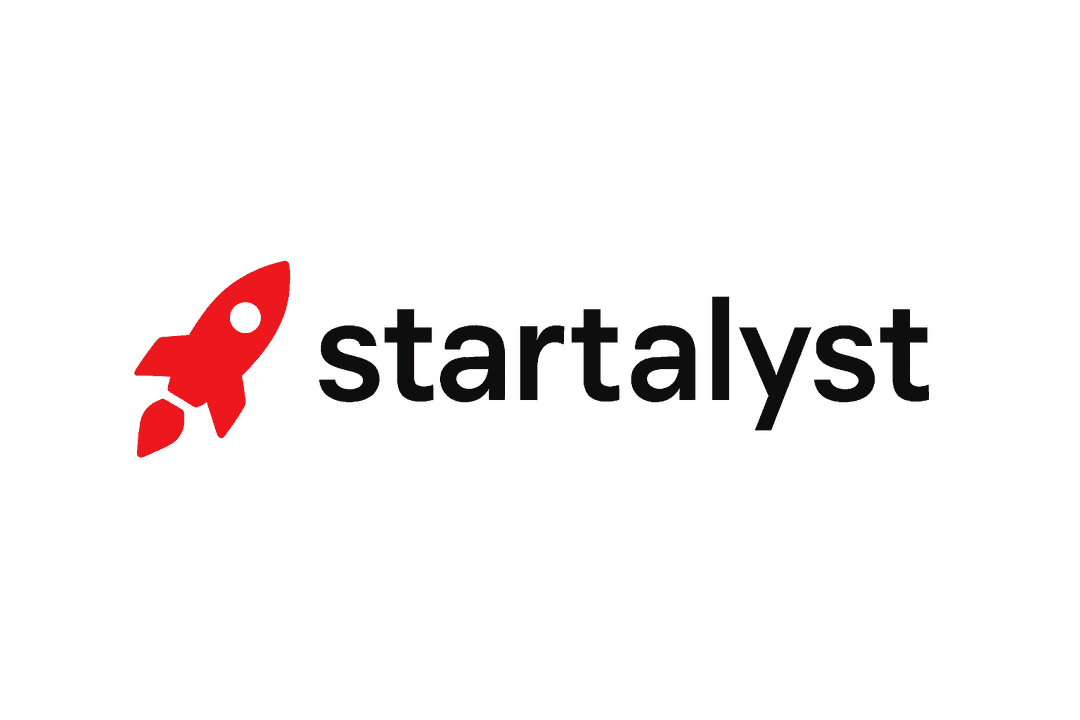Mobile Business Ideas Starter Guide
How to Get the Best Results
Answer the short prompts with your real constraints and local knowledge to surface practical mobile business ideas you can start this month. Think about where you already spend time and which customers you meet in person; mobility is an advantage when you reduce overhead and meet clients where they are.
Pick concrete options rather than vague interests, and be honest about vehicle access, storage, and permits. Small experiments — one weekend event, a single neighborhood route, or a pop-up day — reveal what customers will pay for before you invest heavily.
Step 1 — Who are you?
Choose the background that best matches your current work or experience so the suggestions align with what you can launch quickly.
- Delivery driver — navigation — You know local shortcuts and timing, so you can run a dependable courier service for local shops.
- Retail manager — inventory — You can manage stock rotation and pop-up merchandising to sell seasonal goods from a mobile stall.
- Handyman — repair — You own basic tools and can offer on-site fixes for homeowners and small businesses.
- Graphic designer — branding — You can create vehicle wraps, menus, and social posts to give a mobile business instant polish.
- Personal trainer — coaching — You can take fitness sessions to parks and corporate campuses with minimal equipment.
- Parent with van — logistics — You have space for gear and can run mobile childcare, party delivery, or moving help on weekends.
- Event planner — coordination — You can scout high-traffic spots and run pop-up hospitality or vendor coordination for festivals.
- Photographer — image-making — You can operate a mobile portrait studio for markets, graduations, and corporate headshots.
- Nurse or caregiver — healthcare — You can deliver basic in-home services or mobile vaccination and screening clinics.
Step 2 — Add interests & skills
Select interests and skills that you enjoy or already use, so the generator recommends mobile business ideas that feel natural to run day to day.
- Social media lets you announce locations and build repeat traffic for a mobile shop or food service.
- Cooking enables you to test menus from a cart or catering van without long-term kitchen rent.
- DIY repair allows you to offer roadside or on-site repair services for bikes, appliances, or small engines.
- Sales helps you run flea market routes and direct-to-consumer pop-ups that target high-footfall areas.
- Event production supports launching a mobile sound or lighting rig for private parties and community events.
- Photography encourages a roaming portrait or product studio that visits workplaces and festivals.
- Pet care makes it practical to offer mobile grooming, vaccination drives, or dog-walking clusters in neighborhoods.
- Fitness lets you lead bootcamps and corporate wellness sessions in parks and office courtyards.
- Landscaping enables a small crew to operate from a truck and service gardens on recurring schedules.
- Crafts permits selling handmade goods from markets and rotating pop-up spots with low overhead.
- Tech setup prepares you to provide mobile IT support for small businesses and home offices.
- Teaching lets you run mobile tutoring or workshops that visit schools and community centers.
- Food preservation enables a seasonal mobile product stall for pickles, preserves, and specialty goods at farmers markets.
- Customer service equips you to operate appointment-driven mobile services like on-site photo printing or device repair.
Step 3 — Set available capital
Be realistic about the cash you can spend right now; mobility reduces fixed costs but vehicles and permits add up. Pick the range that matches what you can comfortably invest in inventory, equipment, and the first few weeks of operating expenses.
- ≤$200 You can test ideas with simple kits, a folding table, basic signage, or by partnering with an existing vendor to join their route.
- $200–$1000 You can buy used equipment, temporary permits, or a small mobile kit to run multiple weekend pop-ups and validate customer demand.
- $1000+ You can invest in a reliable used vehicle, food cart, or professional equipment and obtain permits to operate regularly across neighborhoods.
Step 4 — Choose weekly hours
Decide how much time you can commit each week so the generator recommends businesses that fit your schedule and customer availability.
- 5–10 hours You can run targeted weekend pop-ups or a high-margin specialty service that visits appointments by booking blocks of time.
- 10–20 hours You can operate several weekday evening shifts and weekend markets that build steady repeat customers.
- 20+ hours You can treat the venture like a part-time business with regular routes and predictable income streams.
Interpreting your results
- When the generator returns options, look for ideas that align across background, skills, capital, and hours. The best matches are those you can try quickly with minimal extra spending.
- Prioritize experiments you can measure: track customer count, conversion rate, and average sale per visit to decide whether to keep a location or pivot.
- Check local rules and permits early; mobile operations often need specific licenses, health inspections, or parking permissions that affect feasibility.
- Plan a simple MVP: one menu, one service list, or a tidy price sheet for the first month so you can iterate based on real sales rather than assumptions.
- Think about scaling in place: if an idea works, map adjacent neighborhoods or event calendars where your mobile setup can repeat with small incremental cost.
Use the generator above to mix and match your background, skills, budget, and available hours and get tailored mobile business ideas you can test this week.
